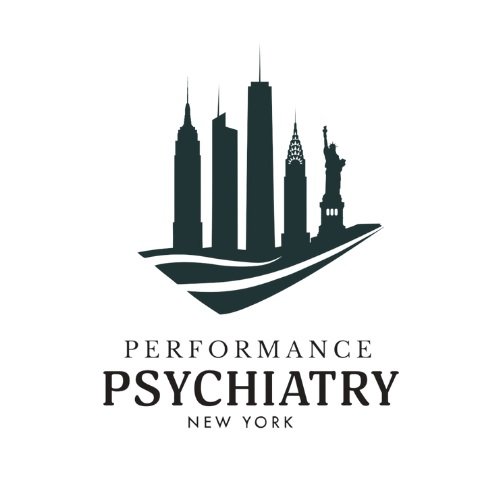Forensic Psychiatry in the Media: How TV and Movies Compare to Real Life
Forensic psychiatry often captures the public's imagination, thanks to its frequent portrayal in TV shows and movies. These portrayals can be thrilling and dramatic, but how accurately do they reflect the real-life work of forensic psychiatrists? Understanding the differences between media representations and actual practice can shed light on the vital role forensic psychiatrists play in the legal system.
Media Portrayals of Forensic Psychiatry
Television and film have popularized forensic psychiatry through various characters and storylines. These portrayals often emphasize the excitement and drama of the profession, sometimes at the expense of accuracy. Common themes include:
Crime Scene Involvement: Forensic psychiatrists are often depicted as being present at crime scenes, directly assisting with investigations.
Profiling Criminals: Many shows feature forensic psychiatrists creating detailed profiles of criminals, predicting their next moves.
Courtroom Drama: The courtroom scenes are filled with high-stakes testimony and dramatic confrontations.
While these elements make for engaging storytelling, they can create misconceptions about the day-to-day responsibilities and expertise of forensic psychiatrists.
Real-Life Forensic Psychiatry
In reality, forensic psychiatry is a specialized field that requires extensive training and a deep understanding of both mental health and the legal system. Here are some key aspects that differentiate real-life practice from media portrayals:
Comprehensive Evaluations
Forensic psychiatrists conduct thorough evaluations to assess an individual's mental state, which can involve:
Clinical Interviews: In-depth conversations to gather a comprehensive psychiatric history.
Psychological Testing: Administering tests to evaluate cognitive and emotional functioning.
Collateral Information: Reviewing medical records, interviewing family members, and consulting other sources to corroborate findings.
These evaluations are meticulous and often take considerable time, unlike the swift conclusions seen on screen.
Legal Consultation
Forensic psychiatrists provide expert opinions to assist the legal process, which includes:
Competency Assessments: Evaluating whether individuals are competent to stand trial.
Insanity Defense Evaluations: Determining if a defendant was legally insane at the time of committing a crime.
Risk Assessments: Assessing the potential risk an individual poses to themselves or others.
These consultations require a deep understanding of legal standards and are conducted with careful consideration of the evidence.
Expert Testimony
While courtroom appearances are part of a forensic psychiatrist's role, they are typically less dramatic than portrayed in media. Testimonies are based on rigorous evaluations and are presented in a clear, objective manner. The goal is to provide the court with a professional, unbiased opinion that aids in the decision-making process.
Ethical Considerations
Forensic psychiatrists adhere to strict ethical guidelines to ensure their work maintains integrity and objectivity. This includes maintaining confidentiality, obtaining informed consent, and avoiding conflicts of interest. These ethical considerations are often downplayed or oversimplified in media portrayals.
The Impact of Media Misconceptions
While media portrayals can raise awareness about forensic psychiatry, they can also lead to unrealistic expectations and misunderstandings. It's essential for both the public and legal professionals to have a clear understanding of the actual role and capabilities of forensic psychiatrists.
The Real Value of Forensic Psychiatry
Forensic psychiatry plays a crucial role in the legal system by:
Ensuring Fair Trials: Providing accurate assessments to ensure that individuals receive fair treatment in court.
Protecting Public Safety: Conducting risk assessments to help prevent future harm.
Supporting Legal Decisions: Offering expert opinions that aid judges and juries in making informed decisions.
By understanding the real-life work of forensic psychiatrists, we can better appreciate the complexity and importance of their contributions to both mental health and the legal system.
Conclusion
While TV shows and movies often portray forensic psychiatry in a sensationalized manner, the reality is far more nuanced and critical to the justice system. Forensic psychiatrists provide essential services that help ensure fairness, safety, and informed legal decisions. By recognizing the differences between media representations and actual practice, we can develop a greater appreciation for the vital work these professionals perform.
For more information or to schedule a forensic psychiatric evaluation, please contact our office. We are dedicated to providing expert, ethical, and comprehensive evaluations to support your legal needs.

